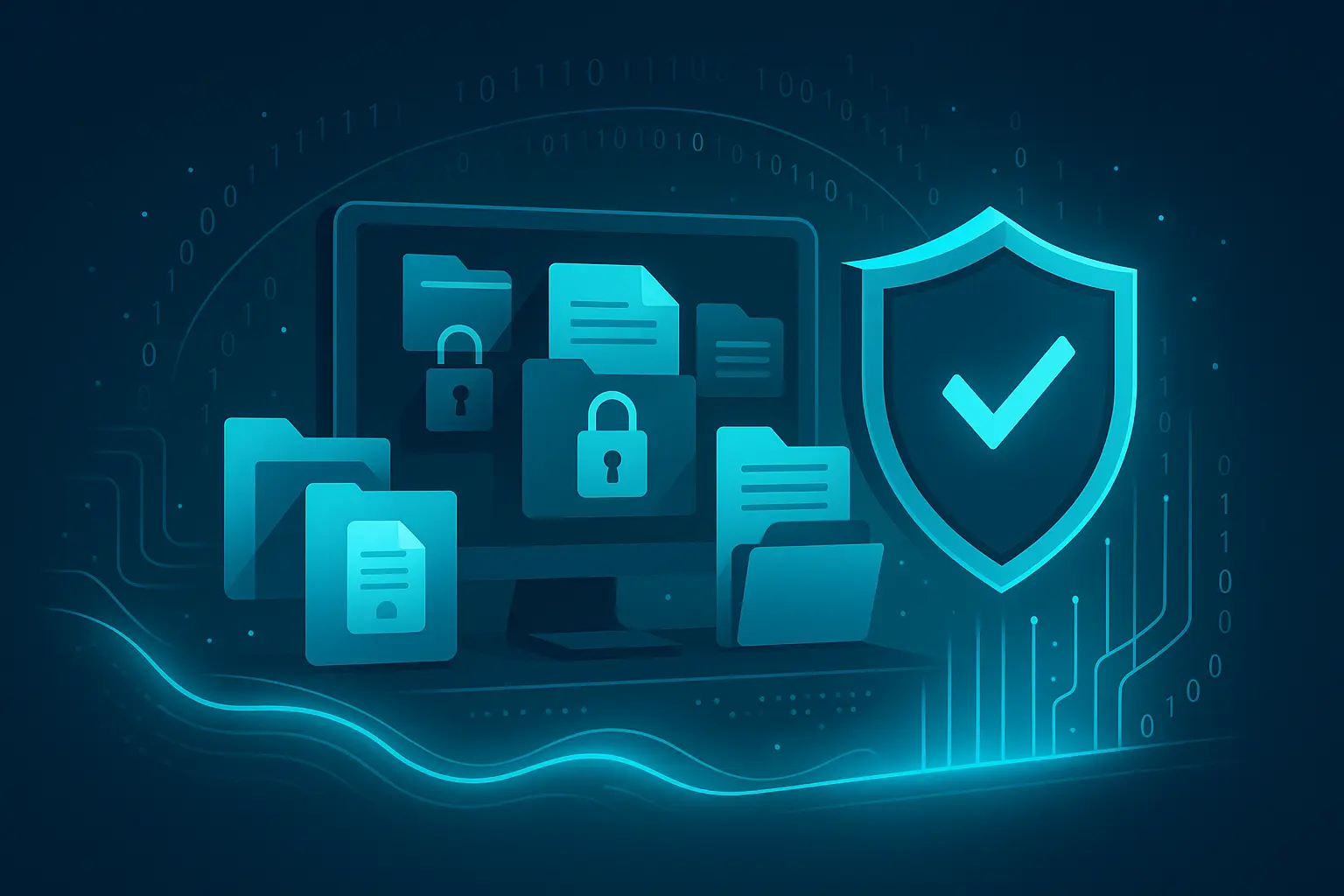Data breaches are on the rise—and DMS data breach protection is becoming an essential safeguard for businesses of every size. As cybercriminals ramp up attacks and regulations tighten, your Document Management System (DMS) must deliver robust security. In this post, we’ll explore why breaches are increasing, how a modern DMS can protect you, and best practices for reducing risk.
Why Data Breaches Are Increasing
The number of reported data breaches has surged—from a few hundred in 2011 to thousands today, affecting millions of individuals globally . High-profile incidents like the 2023 MOVEit breach impacted over 2,700 organizations and exposed about 93 million records.
Key causes include:
Human error: 68% of breaches involve misuse, mistaken sharing, or phishing.
Unpatched software and vulnerabilities, such as exploited file transfer tools.
Insider threats, intentional or unintentional access misuse.
Ransomware and malware attacks, which lock or corrupt documents.
Understanding DMS and Data Breach Protection
A Document Management System (DMS) organizes, stores, and controls access to your documents. But with rising cyber threats, not all DMS platforms provide adequate security. Effective DMS data breach protection is achieved through a combination of key features:
Encryption At Rest and In Transit
Files stored in your DMS must be encrypted (AES-256 standard) and encrypted during transfer to prevent interception or unauthorized reading.
Role-Based Access Control (RBAC)
Limit access by employee role or department. Only authorized users should view or edit sensitive documents, reducing risk of internal leaks or accidental exposure.
Multi-Factor Authentication (MFA)
Passwords alone are insufficient. MFA adds an extra layer of protection, guarding against stolen credentials and brute-force attacks.
Audit Trails & Monitoring
An effective DMS logs who accessed, modified, or deleted documents and when. This transparency helps detect anomalies and audit compliance with data breach laws.
Automated Backups & Recovery
Regular and redundant backups ensure you can recover documents after ransomware, accidental deletions, or hardware failure.
Regular Security Audits & Patching
A secure DMS provider updates software promptly and performs vulnerability checks, minimizing exploit windows.
How a DMS Can Prevent a Data Breach
Here are six actionable measures your DMS can deliver for breach prevention:
Centralize sensitive data—Avoid scattering files across devices; keep documents organized and secured in one system.
Minimize data retention—Store data only as long as needed; delete obsolete files to reduce exposure risk.
Train employees—Regular phishing training and security awareness lower human-factor breach incidents.
Enforce least privilege principle—Only grant users minimal permissions required for their roles.
Use DMS logging and alerts—Track suspicious login attempts or abnormal file access in real time.
Automate workflows and approvals—Reducing manual handoffs decreases errors and unauthorized changes.
DMS Data Breach Protection in Practice
Case Example: MOVEit Attack
In the MOVEit breach, weak patch management and exploitable software allowed massive unauthorized file theft. A DMS with robust encryption, access control, and audit logging might have limited impact and exposure.
Compliance Benefits
Regulations such as GDPR and U.S. state breach notification laws require timely breach notification—often within 72 hours of discovery . A secure DMS helps:
Detect anomalies fast
Generate accurate audit reports
Provide documentation for regulatory authorities
Governance Framework Integration
A governance-driven strategy ties DMS security into your broader data governance policies, covering access control, data quality, retention, and compliance workflows.
Essential Steps to Prevent Breaches
To ensure you are protected, implement these steps within your DMS:
Enable encryption for both stored and transmitted files.
Set up role-based access controls and enforce multi-factor authentication.
Regularly review and maintain audit trails to spot unusual behavior.
Schedule automated backups and test recovery procedures frequently.
Train employees to recognize phishing and insider threat signals.
Align your DMS policies with your organization’s overall data governance strategy.
Conclusion
In today’s environment where data breaches are rising, a Document Management System with strong DMS data breach protection is no longer optional—it’s essential. Secure your documents with encryption, controlled access, monitoring, and automated recovery. Choose a DMS that aligns with your governance needs, regulatory requirements, and business workflows.
Take action now: Audit your current DMS—or evaluate new options—to ensure you have advanced security features in place. Protect your data, maintain compliance, and safeguard your organization.
Interested in upgrading to a secure, compliance-ready DMS with breach protection features? Request a demo or security audit today to explore how the right DMS can protect your organization’s most valuable documents.






